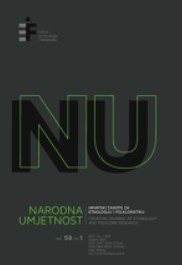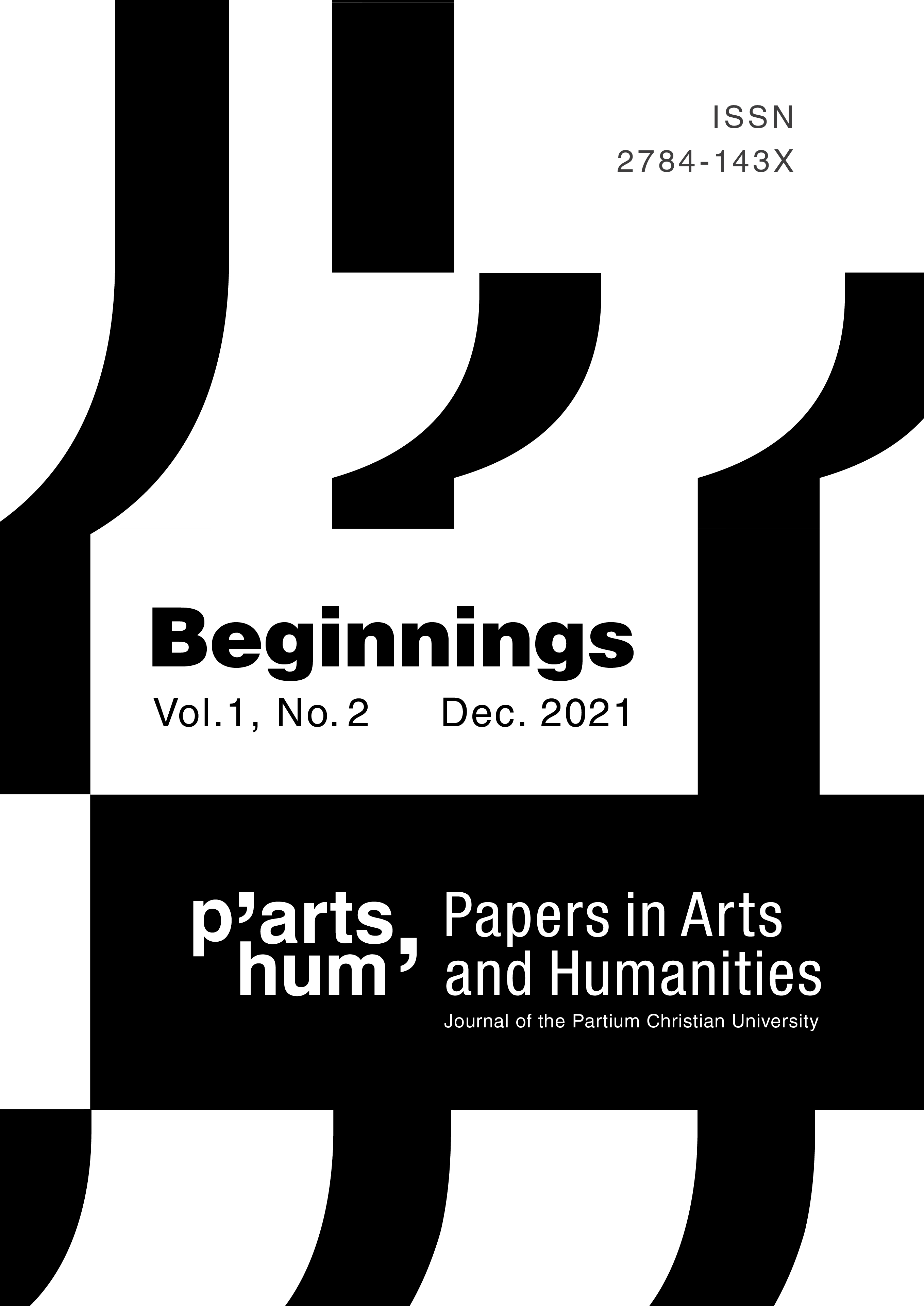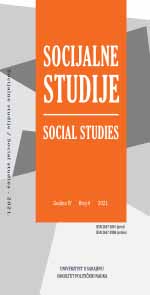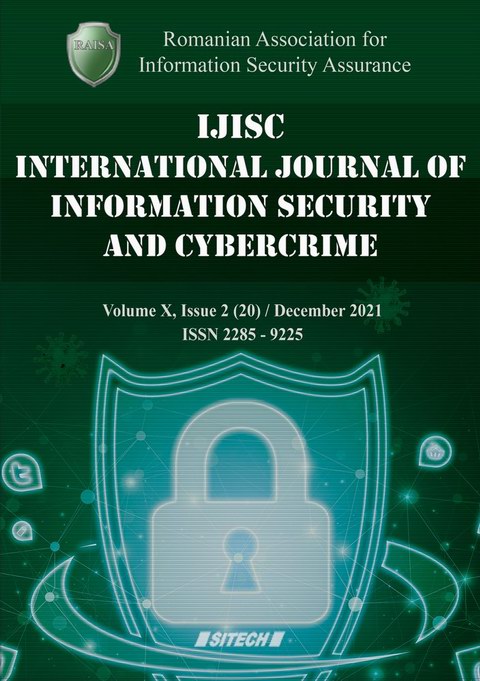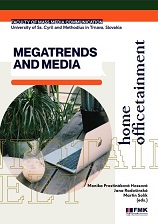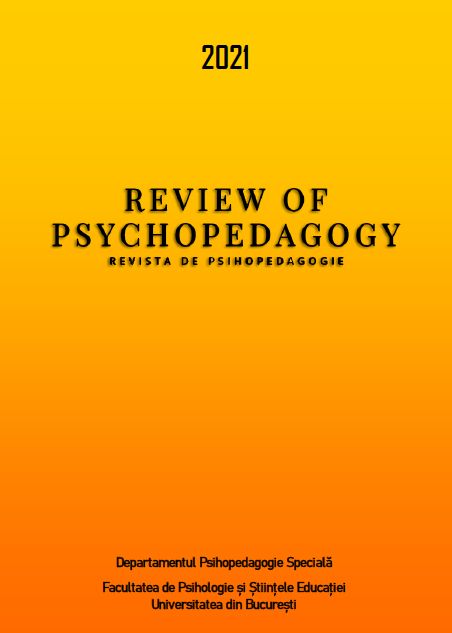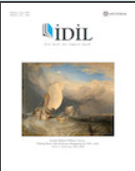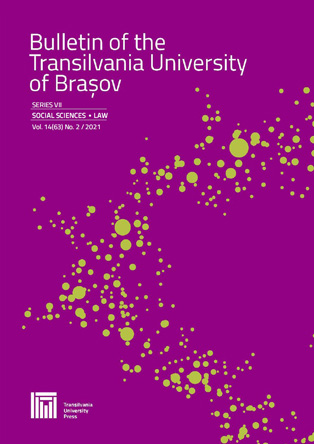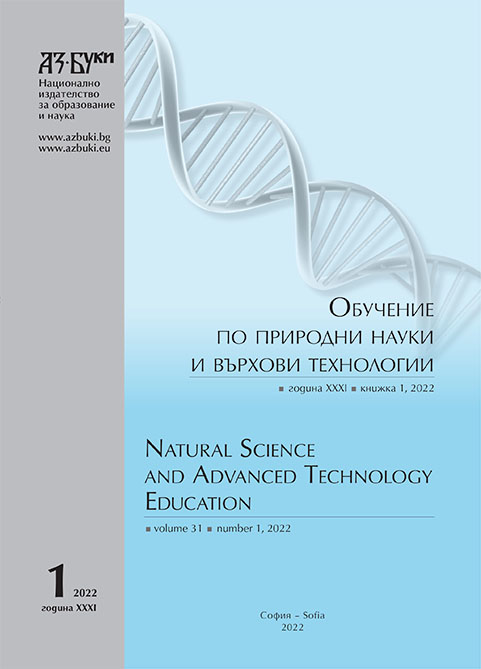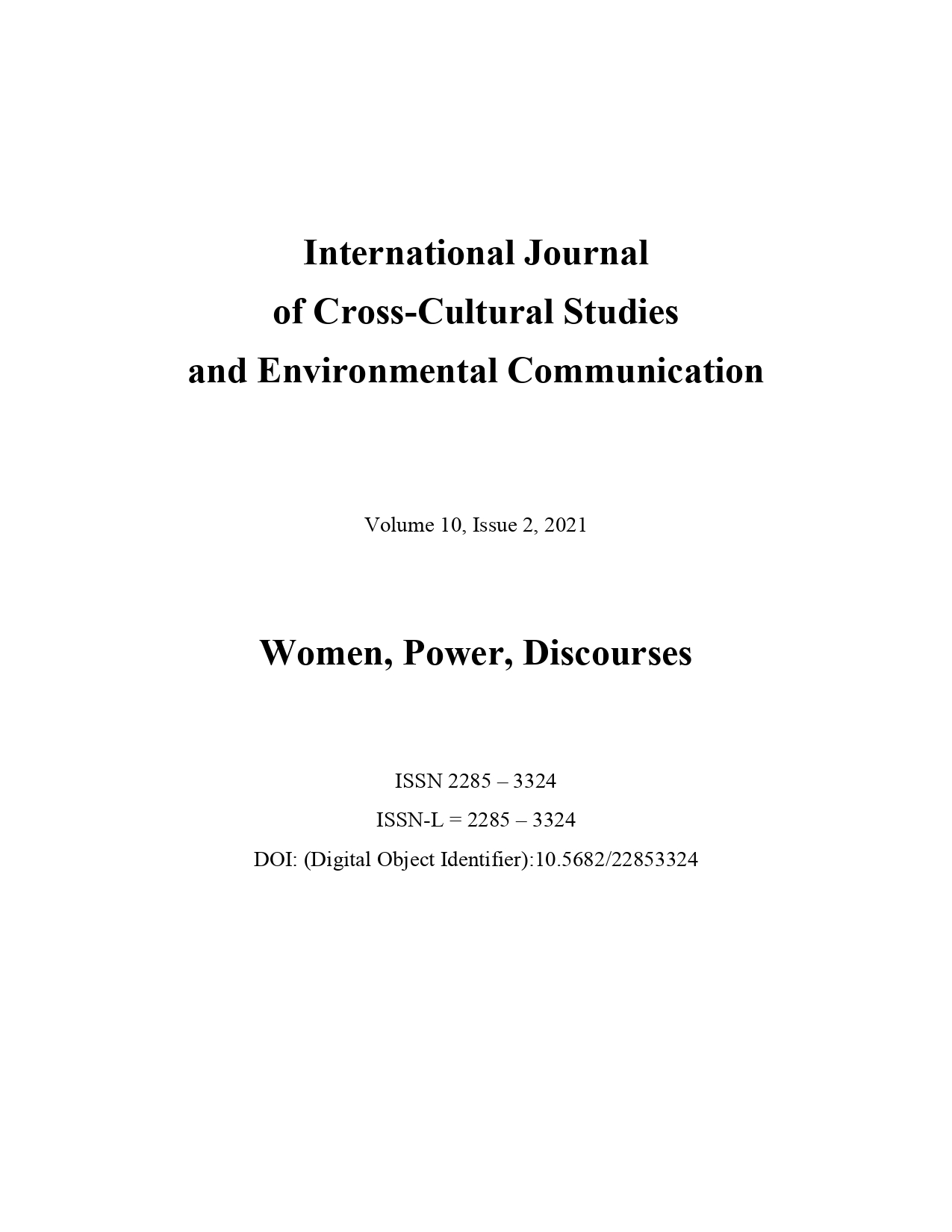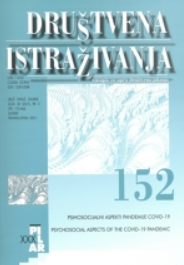
OSOBNI I KONTEKSTUALNI ČIMBENICI EMOCIONALNE ISCRPLJENOSTI ŠKOLSKIH RAVNATELJA TIJEKOM PANDEMIJE COVID-19
The school principal's job, which is extremely stressful even in "normal conditions", is currently even more stressful due to the changes brought to the educational system by the Covid-19 pandemic, that is, due to the requirements for the fast and successful organization and implementation of distance (online) education. Therefore, the aim of this study was to examine the extent to which the principals' personal characteristics (gender, age, ICT competencies, self-efficacy, work efficiency, support for teacher autonomy, positive and negative affect) together with some contextual characteristics (school size) contribute to the principals' burnout, that is, to emotional exhaustion as a key dimension of burnout. The sample consisted of 206 principals (of which 74 (35.9%) were men) who completed an online questionnaire during the implementation of online education due to the Covid-19 pandemic. The results showed that for the emotional exhaustion of principals, in the situations of online education due to the Covid-19 pandemic, the most important predictors were their ICT skills and the negative affect that they experience at work. Additionally, negative affect completely mediated the relationship between the principals' self-efficacy and their emotional exhaustion at work.
More...
